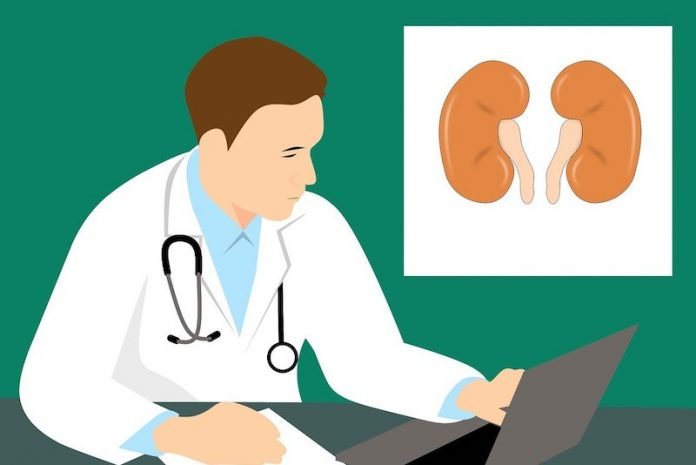
Your kidneys are two bean-shaped organs about the size of your fist.
They sit below the rib cage on each side of the body. Kidneys filter blood. They remove waste products and water to make urine. They filter about a half cup of blood every minute.
The kidneys also make substances that control your blood pressure. And they play an important role in keeping your bones strong.
Chronic (long-term) kidney disease damages your kidneys so that they can’t filter blood properly. The damage happens slowly over a long period of time. It can lead to kidney failure.
If your kidneys fail, you will need a kidney transplant or dialysis, a treatment that filters your blood artificially.
Kidney disease is common. Certain people are at higher risk. Diabetes is the leading cause. Almost 1 in 3 people with diabetes has chronic kidney disease.
You’re also at greater risk for kidney disease if you have high blood pressure or heart disease.
Early kidney disease may not have symptoms. Getting tested can be the only way to detect it. Talk to your health care provider about kidney testing if you have risk factors, including a family history of kidney failure.
You can take steps to protect your kidneys. Make healthy food choices and cut back on salt and added sugars. Aim for a healthy weight and more physical activity.



